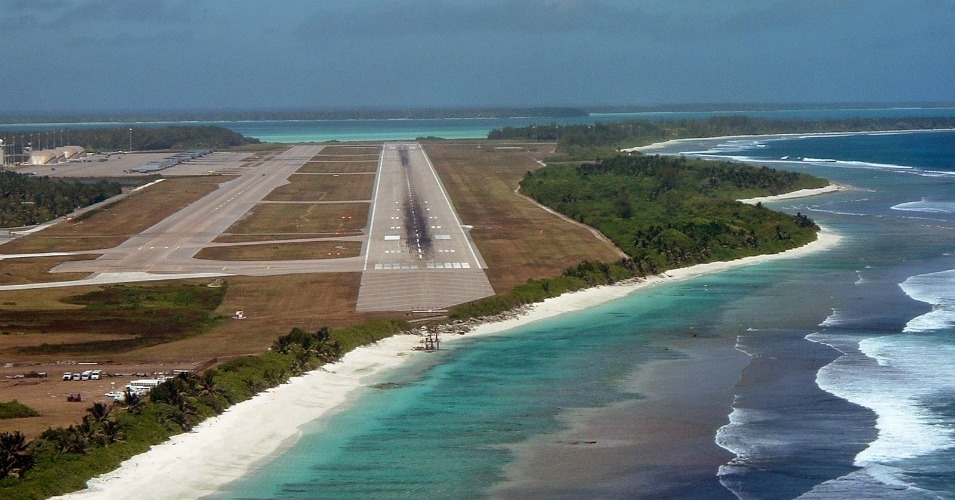India announced on Thursday that it will extend around $680 million in economic assistance to Mauritius, earmarked for healthcare, infrastructure, and maritime security initiatives. The decision highlights New Delhi’s bid to strengthen its role in the Indian Ocean while competing with China’s growing presence in the region.
The package, combining grants and lines of credit, will also fund development and surveillance in the Chagos archipelago, a marine protected area that includes Diego Garcia. The island hosts a U.S.-British air base that has long been a strategic foothold in the ocean.
Britain, in May, formally ceded sovereignty of the Chagos Islands to Mauritius but retained military control of Diego Garcia through a 99-year lease. India has historically stood behind Mauritius’ claims to the islands while also backing the U.S. military presence as a counterweight to China’s influence in the region.
The Chagos marine protected area covers more than a quarter of a million square miles, an expanse larger than the state of California, where commercial fishing is prohibited.

Mauritius Visit Underscores India-China Rivalry
The announcement came during Mauritian Prime Minister Navinchandra Ramgoolam’s state visit to India, where the two countries issued a joint statement outlining the scope of support. Among the commitments are a new hospital, port redevelopment projects, restructuring initiatives, and the delivery of helicopters. India also pledged budgetary assistance of $25 million for the current financial year.
India’s renewed focus on Mauritius fits into a wider push to expand its influence across Africa. New Delhi is actively presenting itself as an alternative partner at a time when Beijing dominates with large infrastructure projects under its Belt and Road Initiative. While China’s financial clout remains formidable, India’s strategy leans on shared democratic values, capacity-building, and sustainable development models.
Through initiatives such as the India-Africa Forum Summit and extended credit lines, New Delhi is working to bolster trade, investment, and technical cooperation with African nations. Telecommunications, pharmaceuticals, renewable energy, and agriculture have emerged as priority sectors in this outreach.
Security partnerships are also deepening. India has expanded joint military exercises and contributed to peacekeeping missions, signaling its commitment to regional stability. At the same time, the country’s extensive diaspora in Africa is being leveraged to strengthen cultural and social bonds.
Despite these efforts, Beijing remains a powerful competitor. Its massive funding mechanisms and extensive infrastructure footprint continue to tie many African countries into long-term economic arrangements. For India, the challenge lies in pushing its agenda with more modest financial resources while convincing African partners that its development-focused, democratic approach provides a more sustainable path.
Analysts argue that India’s emphasis on technology transfer, skill-building, and transparent cooperation could prove attractive to governments wary of heavy debt burdens associated with Chinese loans. By positioning itself as both a developmental partner and a security ally, New Delhi aims to carve out an enduring role in shaping Africa’s evolving geopolitical landscape.
The Mauritius package signals India’s intent to combine strategic interests with development diplomacy, positioning the Indian Ocean island as a key hub in its wider African engagement.
READ ALSO: Charlie Kirk’s Killing Prompts Bipartisan Outrage



















